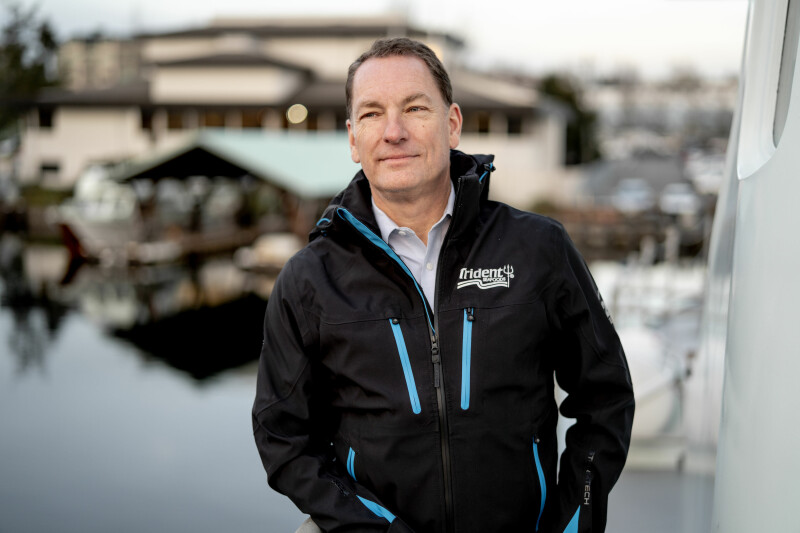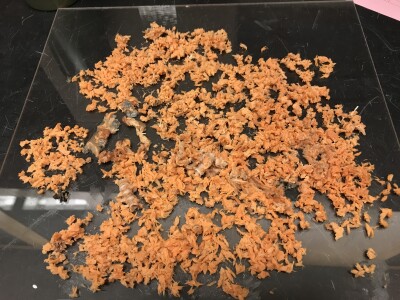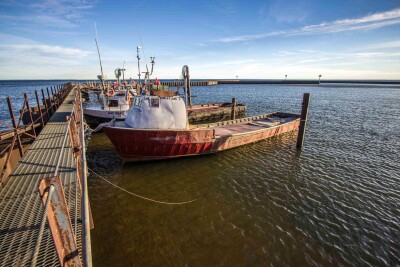According to an Aug. 15 statement released by Trident Seafood, market shifts are forcing the company to change some of its plans for future development. Most significantly, the company is postponing the construction of a new processing plant in Unalaska. Plans had called for a 2024 start on construction, but that has been postponed until 2025, with a projected completion date in 2028.
The company attributes the change to a confluence of three factors: a large unsold inventory of salmon and other seafood, low consumer demand, and a spike in operating costs due to inflation and rising interest rates.
“I’ve been in the industry a long time and I’ve never seen markets like this,” says Trident CEO, Joe Bundrant. “The rate and pace at which markets are collapsing across our key species is staggering. Not only are global inventories and operating costs high, but demand is low, and some are selling at or below cost just to generate cash.”
The press release does not mention the historically low base price – 50 cents per pound – that Trident and other buyers paid for Bristol Bay sockeye during the 2023 season, but certainly, the company’s press release offers something of an explanation.
“Trident has a long history of managing through good times and bad to return value to all our stakeholders while generating the cash needed to invest in the future. Our fishermen need a fair return on their investment to sustain a healthy harvesting sector. We depend on them as much as they depend on us,” says Bundrant, having made it clear that these are bad times.
Company spokesperson Stephanie Mooreland notes that Trident had to move quickly to adapt to the situation by trimming costs and increasing sales.
“But we also need swift action from the federal government to provide U.S. seafood producers fair and open or reciprocal access to seafood markets around the world.,” Moreland says. “Current U.S. trade policy and domestic programs for seafood are failing domestic producers at this critical time. We cannot continue investing in the improvements necessary to modernize our sector when foreign supply chains with low regulatory standards and no meaningful oversight have equal or better positioning with respect to the tariff and non-tariff market barriers we face in global markets.”







